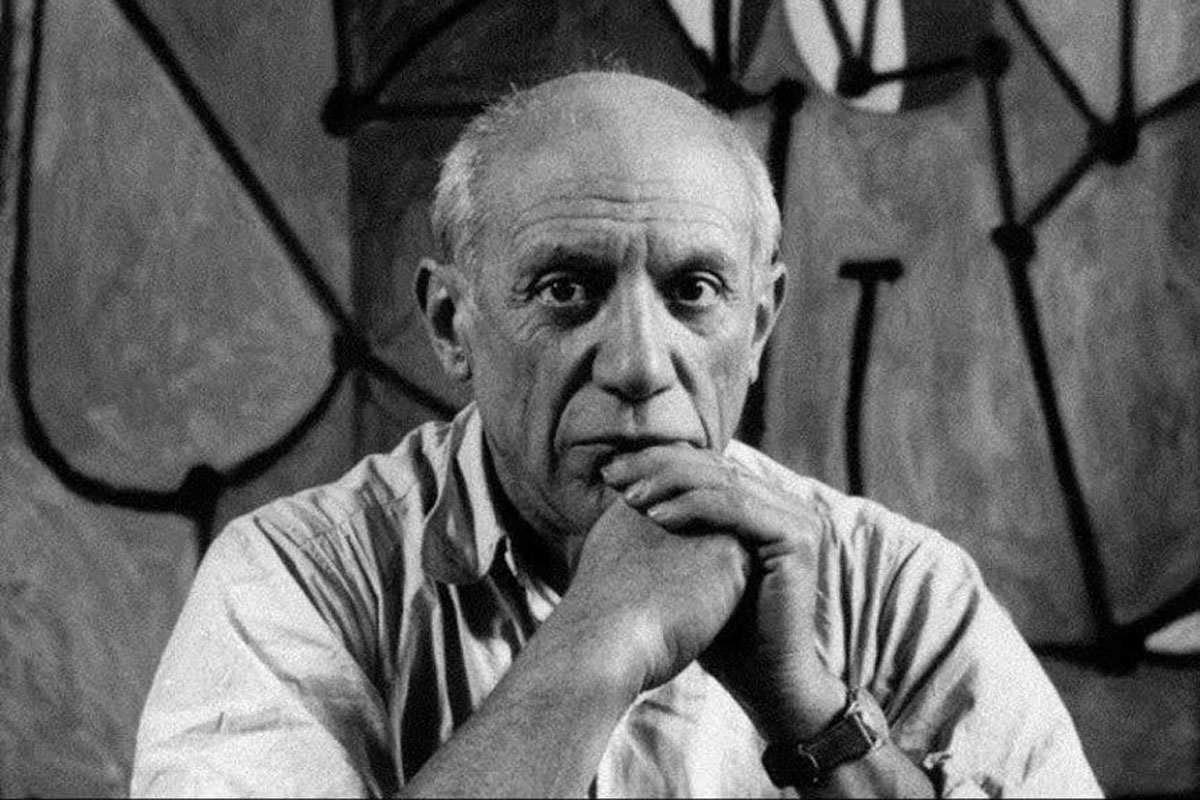This series of articles seeks to examine the character attributes of highly successful leaders, regardless of their adherence to a strong faith or moral standard. In presenting these thoughts, Leadership Ministries is not agreeing with or advocating these traits or practices, but rather presents these as ideas for discussion and development in your own leadership journey.
Sir Timothy John Berners-Lee (1955-) is an English computer scientist, professorial research fellow at the University of Oxford and a professor emeritus at the Massachusetts Institute of Technology (MIT). He is widely credited as the inventor of the World Wide Web. Berners-Lee proposed an information management system in 1989, then implemented the first successful communication between a Hypertext Transfer Protocol (HTTP) client and server via the Internet that year.[1] He currently serves as Director of the World Wide Web Consortium (W3C) , which oversees the continued development of the Web.
Berners-Lee’s was born in London. His parents were also computer scientists who worked on the first commercially viable computer in the 1950s. After obtaining a physics degree at Oxford, Berners-Lee was employed at CERN, the European Organization for Nuclear Research. It was not the science of the atom, but his work on expanding CERN’s information network that led Berners-Lee to create the World Wide Web and Internet. His goal was to have CERN’s research and scientific minds able to share information over a much wider area.
Tim developed a program that could not only store information as files, but those files could have connections—or links—to other files, a technique that became known as hypertext. This was the beginning of the hypertext markup language (HTML), the foundational structure of the Internet. Berners-Lee wrote software for the first web server and the first web client (browser), between October 1990 and the summer of 1991.[2] He evangelized the world wide web over the next few years, and several best practices emerged in his leadership:
Be humble. Instead of capitalizing on his ideas and pursuing patents and trademarks, Berners-Lee allowed the technology to be used for free, while his Web Consortium developed recommendations and standard to improve the system. Though today nearly two-thirds of the world’s population use the Internet, most people have never heard of Timothy Berners-Lee. Thoughtfully he comments that “Celebrity damages private life.” Berners-Lee and his wife, Rosemary, work together at the Web Consortium and on artificial intelligence initiatives. Berners-Lee has two children from a previous marriage.
Berners-Lee pictured in 1994 with his rudimentary web browser software. Photo: CERN
Looking at the value of the Internet today, Berners-Lee could have a been a billionaire. Instead he lives comfortably, yet is entirely obscure, deciding instead to share the Internet in a way that benefitted the world as broadly as possible. He said, “The most exciting thing was not the technology but the community and spirit of people getting together.”
Be giving. Initially a tool for the scientific community, the standards that Berners-Lee developed allowed companies, the government, educational institutions and individuals to freely share information and communication instantaneously, anywhere on earth. We can now browse information, shop, work, communicate, be entertained—all from a computer, tablet or phone screen. The Internet is a shared resource for the world. Berners-Lee was named one of the 100 Most Important People of the Twentieth Century by Time Magazine. For his pioneering work, Berners-Lee was knighted by Queen Elizabeth II in 2004. She said, “Thanks to a man whom most people have never heard of, countless lives have been enriched and empowered—all due to one of history’s most significant inventions being given freely to everyone to use as they wish.”
Pursue real diversity. With many modern companies touting diversity and inclusion as corporate goals, of note is Berners-Lee’s commitment to diversity as he built the structure of the modern internet. He said, “We need diversity of thought in the world to face new challenges.” Berners-Lee did not pursue necessarily diversity in terms of race or gender, but rather wanted a broad variety of viewpoints, opinions and thought to permeate the world wide web, specifically for the purpose of solving the world’s problems. In 2012, Berners-Lee founded the Open Data Institute (ODI) to advocate for making useful data available globally. He believes the more knowledge and data are available to all people, the greater the opportunity for diverse thoughts around the world to contribute positively to human progress.
The first web page was originally hosted on this computer, a Next machine that had few users. Next was founded by Steve Jobs and eventually bought-out by Apple. The first web page, http://info.cern.ch/hypertext/WWW/TheProject.html, can still be accessed online. Photo: CERN
In recent years, Berners-Lee has observed the increasingly corporate use of the Internet, and the inclusion of AI and psychological experiments to manipulate users on a mass scale. In 2012, Facebook conducted secret psychological experiments on nearly 700,000 users. Both Google and Amazon have filed patent applications for devices designed to listen for mood shifts and emotions in the human voice.[3] Berners-Lee comments, “I was devasted” at this use of the world wide web, “We demonstrated that the Web had failed to served humanity, as it was supposed to have done, and failed in many places.” The increasing centralization of the Web, he says, has “ended up producing—with no deliberate action of the people who designed the platform—a large-scale emergent phenomenon which is anti-human.” His current work involves the creation of a new platform, Solid, to reclaim the web from corporate titans and return it to its democratized foundations.
Berners-Lee has received more than 10 honorary doctorates, the National Academy of Engineering’s prestigious Charles Sark Draper Prize in 2007, and in 2016 received the A.M. Turing Award, often referred to as computing’s “Nobel Prize”. In 2012 he played a role in the opening ceremonies for the Olympics, tweeting before an audience of 900 million, “This is for everyone.”[4]

































Charlemagne (747-814) united the majority of Western and Central Europe during the Middle Ages. People call him the “Father of Europe,” and the Pope made him the first Holy Roman Emperor.